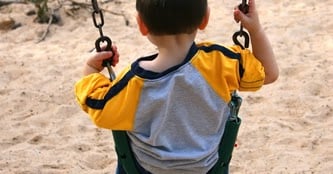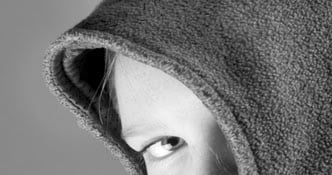Can Youngsters Really Recover From Autism?
_48757051-Jun-24-2025-10-31-21-2358-PM.jpg?width=133&height=200&name=autism%20child%20(blackandwhite)_48757051-Jun-24-2025-10-31-21-2358-PM.jpg) |
The results didn't surprise him, Louis Kraus, M.D., a professor of psychiatry at Rush University and an autism expert, said in an interview with Psychiatric News. "These findings are really consistent with what we see in some youngsters" with an ASD diagnosis, he said. While the researchers were unable to explain why some of the children no longer had an ASD diagnosis, Fein told Psychiatric News that "it would be incorrect to call [optimal outcome] 'growing out of it.' " All of these children had behavioral interventions, and it appears that very early intervention may be key. It is possible, she added, that there is biologic heterogeneity underlying ASD that may explain why some children no longer had an ASD diagnosis.
Read much more about autism and ASD in the new book from American Psychiatric Publishing has titled Autism and Neurodevelopmental Disorders.
(Image: Pixel Memoirs/Shutterstock.com)





